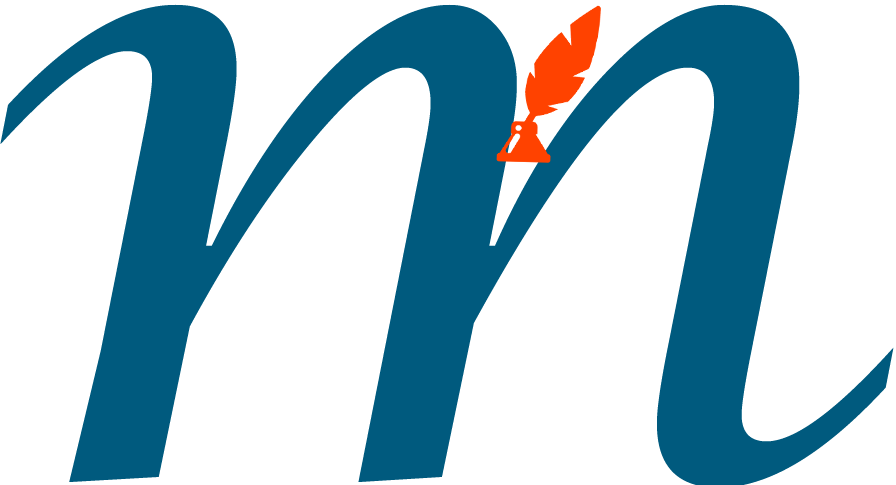The following FREE practice test is the thirteenth one of the Life in the UK Test. This practice exam has 24 questions in total.
All the questions are set to help you learn about the UK and efficiently prepare for the real exam because passing the Life in the UK test is part of demonstrating that you are ready to become a permanent migrant to the UK.
Keep practising until and unless you are confident enough to write the actual Test and 100% correct with your answer to our practice tests. Good Luck!!!
Select the right answer to Life in the UK Test-13 by clicking one:
Results
%3Cstrong%3E%3Cem%3ENice!%3C%2Fem%3E%20%3Ca%20href%3D%22https%3A%2F%2Fbritish-citizenship-test.musitrature.com%2Flife-in-the-uk-test-14%2F%22%3ETry%20Practice%20Test%20-%2014%3C%2Fa%3E%3C%2Fstrong%3E
%3Ca%20href%3D%22https%3A%2F%2Fbritish-citizenship-test.musitrature.com%2Flife-in-the-uk-test-13%2F%22%3E%3Cstrong%3ETry%20Again!%3C%2Fstrong%3E%3C%2Fa%3E
#1. When did the English civil war begin?
#2. What was the Spanish Armada?
#3. How long were the Romans in Britain?
#4. What is the Bessemer process?
#5. The popular social networking websites in the UK are_______.
#6. Which of the following is classified as a criminal offence in the UK?
#7. Which country invaded the Falkland Islands, a British overseas territory in the South Atlantic, in 1982?
#8. What type of battle was ‘the Battle of Britain’ in the summer of 1940?
#9. Why is it important to recycle?
#10. During the 19th century, the UK was the world’s major producer of which of the following material(s)?
#11. Selling tobacco to anyone under the age of 18 and drinking in public are examples of criminal offences.
#12. In Northern Ireland, a newly qualified driver must show an ____ plate for one year after passing the test.
#13. During the English Civil War of 1642, England was divided into two groups called________.
#14. ________was originally built as part of the UK’s celebration of the new millennium and continues to be an important part of New Year celebrations.
#15. British values and principles are based on history and traditions and are protected by law, customs and expectations.
#16. Who introduced ‘shampooing’ in Britain?
#17. Cases of unfair dismissal or discrimination in the workplace are considered criminal offences.
*False. Cases of unfair dismissal or discrimination in the workplace are considered civil offences.
#18. By 1200, the English ruled an area of Ireland known as________.
#19. Which of the following is/are the key role(s) of the governors and school boards?
#20. When is it an offence not to have an MOT certificate?
#21. To be able to vote in England, you have to register at your local council electoral registration office.
#22. When was the Hundred Years War, “Battle of Agincourt” fought?
#23. Who were the Huguenots?
*Between 1680 and 1720 many refugees called Huguenots came from France. They were Protestants and had been persecuted for their religion. Many were educated and skilled and worked as scientists, in banking, or in weaving or other crafts.




